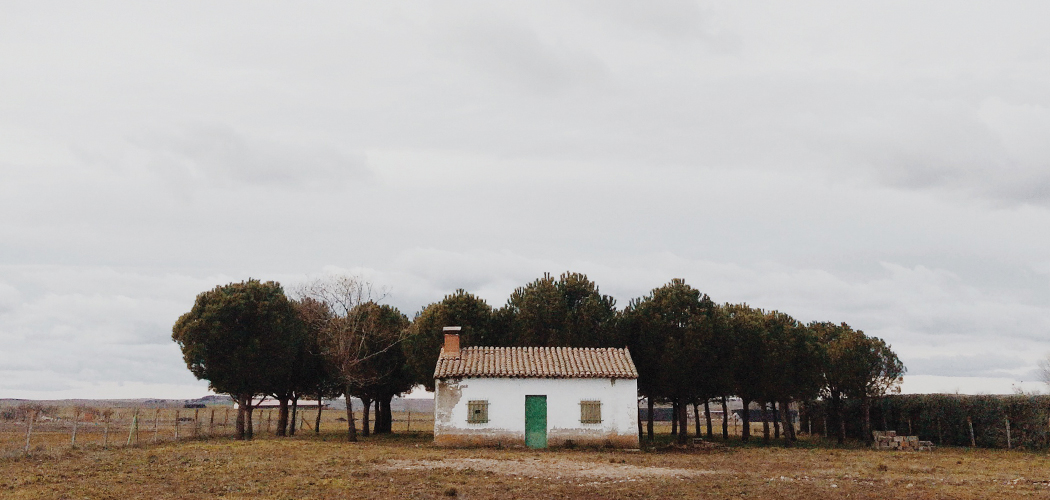[title subtitle=”fiction: Marla Cantrell”][/title]
Libby Gallus, at fifteen, has had it. What happened is this: her mama has turned in to somebody entirely different. Her Grandma Iola, who lives less than a quarter mile away in a house with a tin roof, says Libby’s mama is going through the change, and Libby wonders what she’s changing in to. So far, it doesn’t seem to be an improvement.
There have been incidents of late, times when her mama disappeared for hours on end. Or like last night, when she came in Libby’s room and wrenched out all the dresser drawers, scattering her clothes across the floor. “Clean up this pig sty,” she said, and stomped out. In a few minutes, Libby heard her laughing in the kitchen, on the phone with her best friend, and it made Libby want to hit her.
She is thinking about running away, but the truth is she’s too lazy to go, plus, there’s a boy at school who says to her every morning, “Libby Gallus, I catch fire every time you walk by.”
Today, she’s visiting her Granddaddy Willet Fox’s grave up on
Valencia Ridge. She never met him; he was gone before she was born, but she knows he had a poor relationship with her mama, and that bonds her to him somehow.
When she asked her mama about him, she told her two things—that he spent his life bellied up to a bar, and that he claimed a spotty connection to country star Glen Campbell. “How’d they meet?” Libby asked, but all her mama said was, “It had something to do with the railroad.”
The grave is untended, and Libby pulls a few weeds and leaves one of her guitar picks on the headstone. She wonders if her grandmama ever misses Willet Fox, but she doubts it. She married a man named Butch last winter, a man so young he and Libby’s daddy listen to the same music.
Which is another thing that sets Libby’s mama off.
“I don’t intend to live without a man,” is what her grandmama says when Libby’s mama complains about Butch, and her mama storms off, but only a little ways, since they all live on the same piece of property.
It might help her situation if Libby’s daddy got involved, but he works nights at the sawmill and sleeps odd hours, a nap here, a few minutes of shut-eye there. He has pillows everywhere: on the couch, on his bed, on the porch swing. This is another thing that ticks Libby off, this constant need to be quiet when the rest of the world is loud and awake, just so her daddy can sleep when and where he wants to.
When she gets home from the cemetery, she stays outside, away from the tornado that is her mama. Away from the zombie that is her daddy. But he comes out soon enough, sleepy-eyed, looking for the cigarettes he hides in his toolbox—Libby’s mama won’t abide smoking—and fishes one out before he sits down on the metal lawn chairs.
When she was little, Libby used to sit on her daddy’s lap and hold his wrist. She’d feel his pulse, close her eyes, and make her own heartbeat match his. She smiles when she thinks of this, pulls a strand of auburn hair that has come loose from her braid and tucks it behind her ear.
“Smoking’ll kill you,” she says, and her daddy bends his blond head and cups the end of the cigarette until it catches fire.
“Don’t start,” he says, and she doesn’t know if he means smoking or nagging. He speaks in short sentences that sometimes seem rehearsed. Ask him about work and he’ll say, “Another day, another forest gone,” and then he’ll laugh, which sounds like laughter with a bunch of heartbreak mixed in. Ask him why he doesn’t go to church and he’ll say, “God understands,” which sounds mystical if you haven’t heard it before, but after a while sounds like plain old B.S.
The sun is hidden behind the clouds, a rare occurrence in August, and the two sit in the shade of the elm, the smoke like a curtain that keeps them bound together. Libby’s daddy begins to really talk, another rare occurrence, and she grows still, afraid she’ll cause him to stop if she makes any sudden moves.
In his youth, he says, he was a runner. Every morning he rose before the sun, laced up his tennis shoes, and shot out on the mountain paths he knew so well. He did it because he was training to be a boxer in the welterweight class, so he ran to stay in shape, and when he returned home he drank a concoction made from raw eggs and uncooked oats that kept him full until dinnertime.
The revelation shocks Libby, who has never seen her daddy run or fight.
“And then me and your mama got married,” he says.
Her mama, though, she could imagine her mama fighting. She is dark and tall and fiery and puts her foot down. Her daddy is pale and short and lets her mama have her way. Libby used to think she was the thing that fit between them, that hinged them together like a fence. She’s not so sure anymore.
“What was she like back then?” Libby asks.
Her daddy looks away, past their two Quarter Horses, Blue Fern and Bubbles, that are grazing in the pasture. “You check on the girls today?” he asks.
“Sure did,” Libby says.
“Check their salt lick?”
“New one on Tuesday.”
“So, your mama,” her daddy starts, “she was fourteen when I met her. Acted like she wasn’t afraid of the devil himself. Used to climb up Walker’s Bluff and jump off into the quarry, down into that deep water, and it would seem like forever before she’d come up. I’d pull her out when she swam to shore and I’d wrap my shirt around her, and I’d feel like you do when you’re around bull riders or Nascar drivers. Like she was a different breed than me.”
“But you were a boxer,” Libby says.
“Nah, I wanted to be a boxer. Big, big difference. I fought around here,” he says, moving his cigarette in a wide circle. “Local boys, not smart enough to win. Out there, where the real boxers were, I wouldn’t have stood a chance. So I said I had to make a living and didn’t have time to train. Marrying your mama saved me from having to give up on my own.”
“She can be a hard woman,” Libby says, and she knows she’s crossing a line. Her pulse jumps, but her daddy just squints and takes a long drag from his cigarette.
The chickens are calling out like the Lord himself might be coming to take them home. One of them has laid an egg. The rooster is strutting by, all spurs and swagger. A white Lincoln rolls by on the highway, the muffler loud.
“Your mama had a hard childhood,” Daddy says. “Didn’t have much of a father. And now your grandmama has married a man young enough to be her own son, and your mama has to deal with that every day.”
Libby says, “Mama’s a grown woman who ought to be thinking about what’s bugging me, but we all still circle around her, making sure she’s okay. I don’t get it. I really don’t.”
“She talks about leaving,” her daddy says, and Libby can’t tell if he means she’s giving up on this place or on the two of them.
If the smoke is a curtain that kept Libby and her daddy in one place, this revelation is the curtain that rips them apart. Libby looks at her shoes. Her daddy stubs out the cigarette and sighs.
Inside, Libby’s mama is putting away the breakfast dishes, the plates pinging when one drops atop another. Libby slips inside then looks behind her to see if her daddy followed. When she heads back outside to find him, he’s in the pasture leaning against the fencepost, and he’s stretching his foot behind him, his hand cupping the toe of his shoe.
From here he looks the same as always: a middle-aged man with unruly hair and a few extra pounds around his middle. But that is before he starts to run, his arms pumping, his chest pushed out, like maybe he’s proud of something.
When he reaches Grandma Iola’s place, he whips across her yard. Her husband Butch is draped across the hammock, and Libby’s daddy yanks on it until it flips, spilling Butch onto the hard earth. Butch scrambles up, looks around, shakes his lazy head, and rushes toward the house, calling out, “You’re not going to believe this one, Iola!”
Libby’s daddy has made it all the way to the highway, and he’s running on the shoulder of the road, and he looks elegant, which is a strange thing to say, but true. He’s keeping pace with a slow brown pickup that’s plodding along, his legs stretching out as far as they can with every footfall.
Libby feels a hand on her shoulder, and she jumps when she realizes her mama is beside her. Her mama is grinning. She says, “Isn’t he something?”
“He sure is,” Libby says, and her mama adds, “You’re something too,” which causes tears to inch up in Libby’s eyes.
“Did you see what he did to Butch?” Libby asks, and her mama says, “Sure as heck did. Mama’ll probably kick us off her property,” and then she laughs.
Libby’s daddy passes the truck, and the driver honks like a madman. Libby and her mama jump up and down, hoot and holler. The horses lift their fine heads, look around, then go back to grazing. But farther away, there on the road, Libby’s daddy has finally stopped and he’s pumping his fists in the air.”
He looks like a champion to Libby. He looks like a hero to Libby’s mama, who squeezes Libby’s shoulder and says, “You stay married long enough, you forget the facts of your own life. You forget who you really are. You start to lose the things that matter.”
Libby decides she is one of the things that matters, and so she takes her mama’s hand and they walk toward the highway, where they’ll have to half-carry Libby’s daddy home. Butch will be waiting on Grandma Iola’s porch, but he’ll take one look at them and run back inside. It is not a big victory, but it’s enough. They’ll walk side by side, past the empty hammock, past the horses, and back home, where they’ll start again, and this time they’ll get it right.




